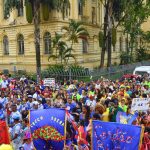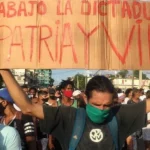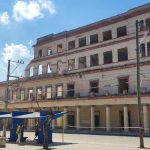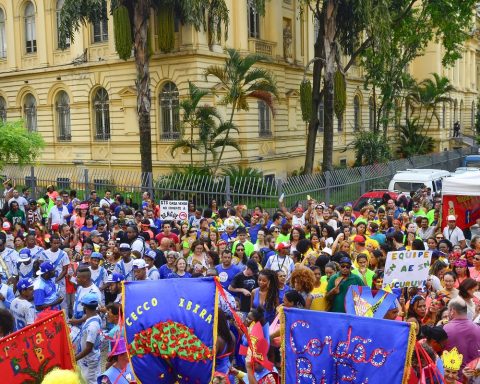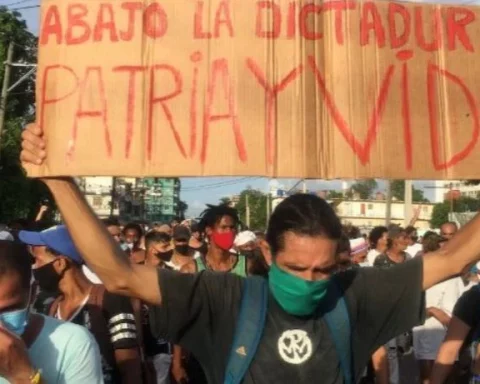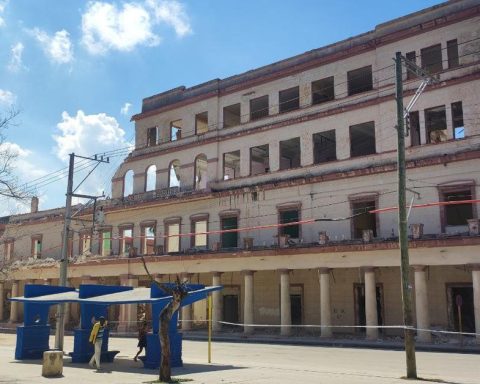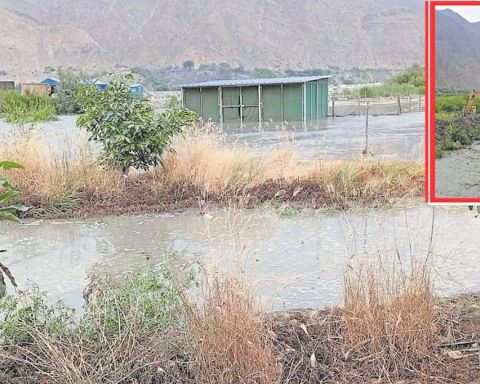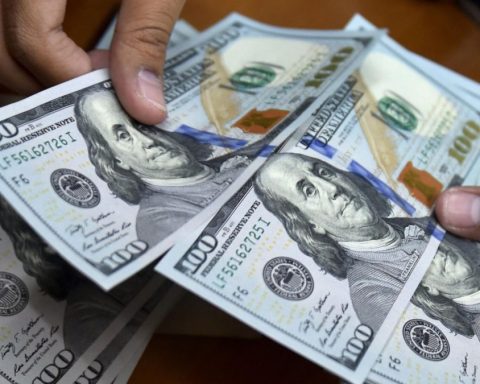34 years have passed since the end of the dictatorship in Paraguay, which is at the gates of new elections to elect the next president of the Republic, among other authorities such as governors, senators and deputies. Next, a review of the development and results obtained in all the elections from 1989 onwards.
Source: By Juan Riveros
By Juan Riveros
With the coup d’état of February 3, 1989, almost 35 years of dictatorship came to an end and a new era began for Paraguay, the democratic one. The reins of the country were taken by General Andrés Rodríguez, who established a provisional government, which lasted three months, until the elections were held.
The elections were held on May 1, 1989. The gGeneral Rodríguez, postulated by the Colorado Party, which obtained 74.2% of the votes against him PLRA candidate Domingo Laíno, who came in second with 20.3% of the vote.
A relevant event in the first years of democracy was the Constituent Assembly of 1992, where the figure of the Vice Presidency of the Republic was created, which had been vacant since 1940.
In 1993 another general election was held, already with the new Constitution that is still in force to this day. In the electoral contest the victory went to the Colorado Party with its candidate Juan Carlos Wasmosy, who obtained 41.78% of the votes, above the liberal, Domingo Laíno, with 33.20% of the votes.
The Wasmosy Government came to an end in August 1998, when he took office Raúl Cubas, who was the candidate for the Presidency for the ANR before the impediment to Lino César Oviedo.
Cubas obtained 55.35% of the votesabout the PLRA candidate, Domingo Laíno, who again lagged behind in second place with 43.88%.
The Government of Cubas lasted only seven months, since the crisis began just at the beginning of his mandate with the decision to release General Lino Oviedo from prison, a situation that unleashed in the Paraguayan March of 1999.
The political crisis of the Paraguayan March, with the assassination of Vice President José María Argaña and the series of violent demonstrations recorded, led to the resignation of Cubas as President of the Republic, assuming his replacement Luis Angel Gonzalez Macchi, in his capacity as head of the National Congress.
Months after the assumption of González Macchi, an election was called for the position of Vice President of the Republic. The victory went to Julio César “Yoyito” Franco, who later ended up resigning to run for the Presidency.
“Yoyito” Franco He presented himself as a PLRA candidate, but was left in the second place with 24.03% of the votes. victory went to Nicanor Duarte Frutos of the ANR, with 37.18% of the votes. The difference was more than 13 points in favor of the Colorado applicant.
In the 2008 elections, the victory of a candidate who was not from the Colorado Party was recorded for the first time. With 41.19% of the votes, the Presidency went to ex-bishop Fernando Lugo, who presented himself with the “Patriotic Alliance for Change” and the support of the PLRA. The red candidateBlanca Ovelar, was in second place with 31.07%.
Fernando Lugo was dismissed on June 22, 2012, through a political trial promoted by the National Congress (Chamber of Deputies and Senators). From his sector they considered that it was a “coup d’état” against him.
In Fernando Lugo’s place, his Vice President of the Republic, Federico Franco, who was in charge of completing the mandate until August 2013.
The 2013 elections were won by the ANR candidate, Horacio Cartes, with 45.68% of the votes, over the 37.11% from Efraín Alegre, candidate for the PLRA. A no less relevant fact is that it was the first time in all the democratic elections that a candidate exceeded the 1 million vote band.
In 2018, again Efraín Alegre ran as a PLRA candidate and for the second time it was not enough to reach the Presidency of the Republic. He obtained 43.04% of the votes, while Mario Abdo Benítez achieved 46.42% to emerge victorious from the electoral contest.
This April 30, 2023, the eighth post-dictatorship electoral elections will be held. Efraín Alegre is the candidate of the National Concertation for the third time in a row. The Colorado Party in turn postulates Santiago Peña, who is the one who has been leading all the polls of voting preferences.
Other candidates up for bid are Paraguayan Cubas, the former minister Euclides Acevedo and the former goalkeeper of the Paraguayan National Team, Jose Luis Chilavert.







